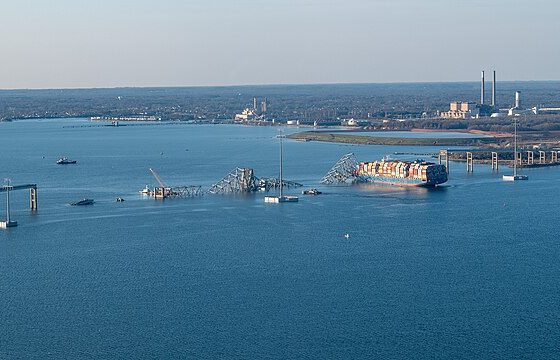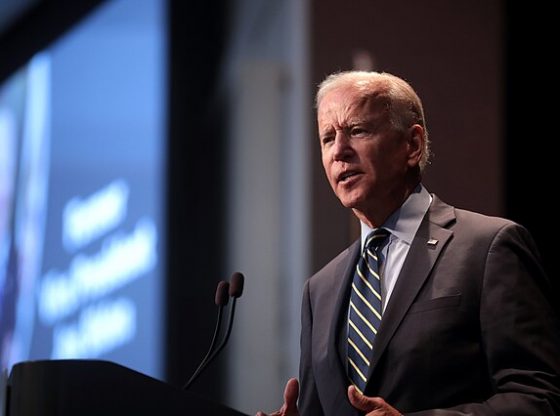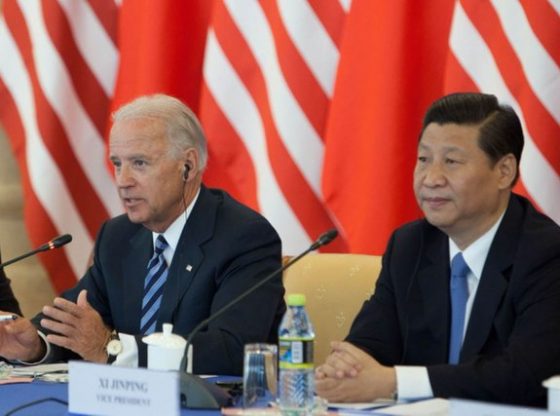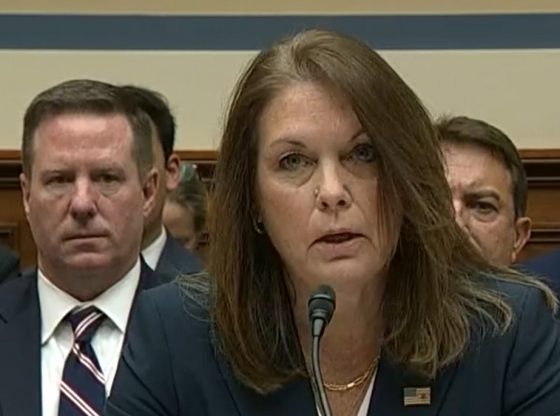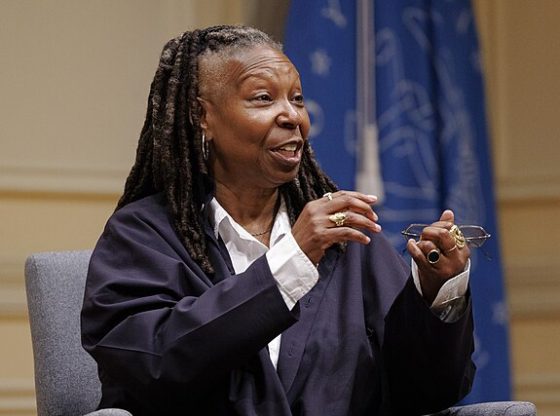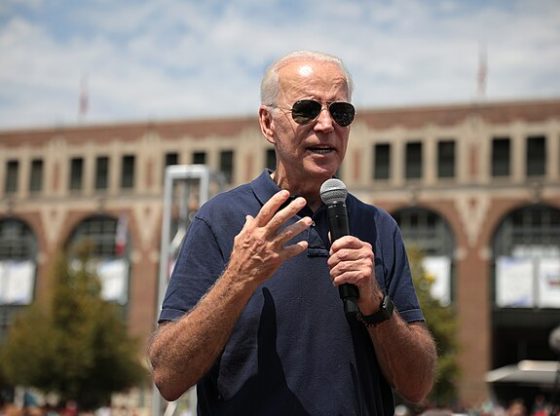In the wake of the destruction of the Francis Scott Key Bridge at the mouth of Baltimore Harbor, media and public attention suddenly focused on the importance of the nation’s ports. No one should doubt the vital nature of the Port of Baltimore to trade on the U.S. East Coast: The facility is a vital cog in the import and export of cars, coal, and other key commodities.
The legacy media has certainly done a good job of telling that specific story as the week progressed, which is to be commended. But one aspect of the story that hasn’t been told much if at all by these mainstream media outlets is the fact that, as vital as it is to trade on the East Coast, the Port of Baltimore ranks only as the 17th most-active US port in terms of total tonnage.
That’s according to official data compiled annually by the U.S. Bureau of Transportation Statistics.
As you can see, in terms of total tonnage, the nation’s real powerhouse is the region along the Gulf Coast encompassing ports in Texas and Louisiana. When you add up the numbers, the top 3 ports alone – Houston, Corpus Christi, and South Louisiana – accounted for more total tonnage in 2021 than all the non-Gulf Coast ports on the list combined, by more than 200 million tons.
When I wrote about this at my Substack newsletter, I was challenged by readers over the fact that the vast majority of that tonnage relates to oil and gas activity rather than container traffic. That is true, as far as it goes, although the Port of Houston’s container tonnage is quite robust. But there’s no dispute that most of the tonnage going into and out of both the Port of Houston and the Port of Corpus Christi involves the movement of crude oil or refined products. And most of the activity moving in and out of the Port of South Louisiana (which is actually a complex of multiple closely-located ports) involves the staging of oil and gas-related operations in the waters of the Gulf of Mexico.
So, let’s concede that reality, but what is its real relevance? After all, neither the Port of Baltimore nor any other port on Earth would have any ships moving goods in either direction were it not for oil. Oil is by far the most widely traded commodity in the world, and the vast majority of tankers and container ships are fueled by diesel or some other petroleum-derived fuel.
Without that oil and refined products – and more recently, liquefied natural gas – going into and out of all those Gulf Coast ports, the entire global economy would soon grind to a halt. This has been the global reality for more than a century now and remains the global reality today. Even after the spending of many trillions of dollars on efforts to subsidize alternative forms of energy up to scale, oil and gas remain indispensable.
Twenty-five years ago, oil, coal, and natural gas provided roughly 80% of global primary energy. In 2023, the percentage had barely changed. That explains why so much oil and natural gas are imported and exported at Gulf Coast ports, and why so much coal moves through the Port of Baltimore.
There are several big lessons for everyone to learn from the tragic destruction of the Key Bridge. One is just how fragile the nation’s transportation infrastructure truly is. Another is how small a percentage of the 2021 $1.2 trillion “Infrastructure” bill’s funds were actually targeted to improving and strengthening real infrastructure like roads and bridges.
But perhaps the most important lesson is the reminder of just how vital a role America’s oil and gas industry continues to play in the realm of global trade, despite all the daily demonization it receives from activists, politicians, and the legacy media. That isn’t going to change anytime soon.
David Blackmon is an energy writer and consultant based in Texas. He spent 40 years in the oil and gas business, where he specialized in public policy and communications.
The views and opinions expressed in this commentary are those of the author and do not reflect the official position of the Daily Caller News Foundation.


